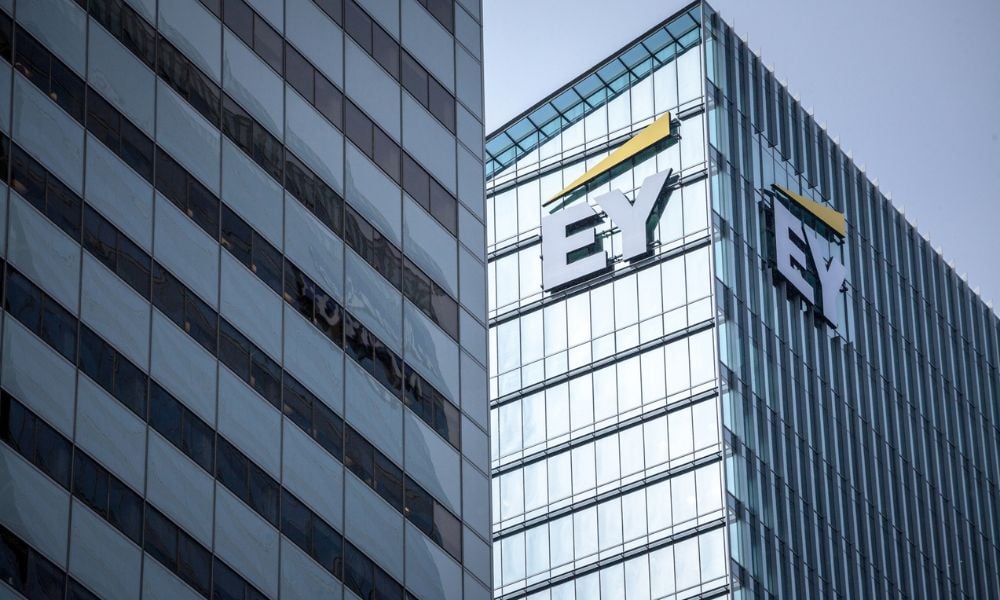
Accounting giant claims it will continue to be 'a leader in recognition and rewards'

Ernst & Young (EY) won’t be giving workers holiday bonuses this year.
Headquartered in London, the global professional services firm cited the current economic outlook for the decision, reported the Financial Times.
“While EY continues to experience strong revenue growth, we have elected at this time not to fund our additional, discretionary mid-year program given the changing economic environment,” EY told the Financial Times. “We remain steadfast in our commitment to being a leader in recognition and rewards. This includes our intention for planned annual performance-based bonuses and ongoing recognition awards.”
The past two years, EY paid merit bonuses around the holiday season, alongside the main bonuses awarded at the end of the fiscal year in June, the Financial Times reported.
EY may be looking to cut some compensation costs in order to pump up valuation ahead of a potential IPO of its tax and advisory business, according to Consulting.us. That would mean more valuable shares for consulting partners and bigger payouts for audit partners.
In September, Amazon announced it’s investing a total of $450 million to help drivers advance in their careers, prepare them for retirement and offer them bigger pay.
Since Sept. 19, Starbucks has partnered with Fidelity Investments to launch a savings program allowing staff to contribute a part of their after-tax pay to a personal savings account, with the company contributing $25 and $50 credits at milestones up to $250 per person.
In May, Goldman Sachs gave managing directors and partners a new “flexible vacation” benefit, allowing them “to take time off when needed without a fixed vacation day entitlement.”
Also in May, PricewaterhouseCoopers US, part of a global network of professional services firms operating under the PwC brand, announced it will invest $2.4 billion into its people experience over the next three years. The company has doubled the number of free visits with a mental health professional from six to 12 annually and increased the reimbursement amount for out-of-network mental health support from 70% to 90%.
As for leave and accommodation, PwC has expanded parental leave from eight to 12 weeks and, when folks return, they come back to work on a reduced schedule that fits their needs. The company has also launched tech-enabled vacation tools to make it easier for employees to plan and take uninterrupted time off. For example, after the company’s week-long shutdown in July (another happens in December), 93% of surveyed employees said their time off was uninterrupted.